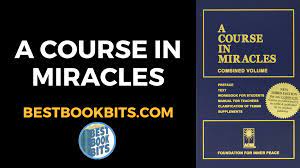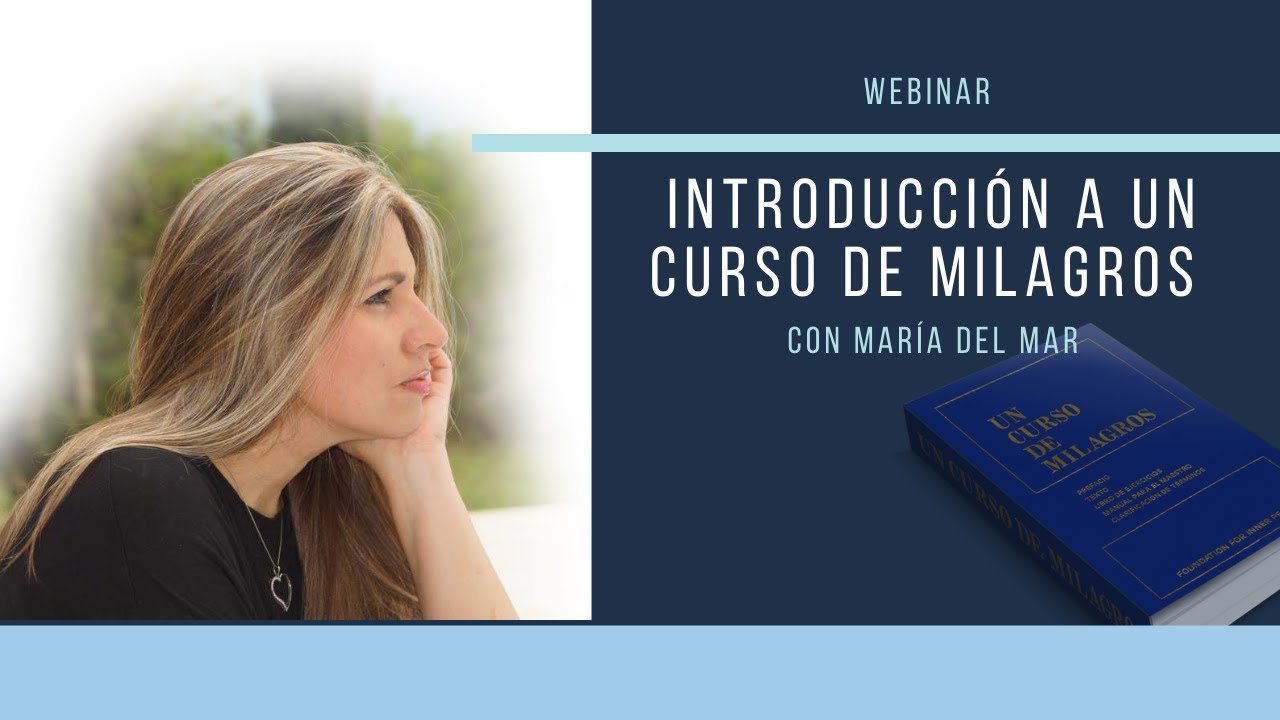In an increasingly interconnected world, acim plays a crucial role in fostering cultural understanding and promoting global citizenship. Exposure to diverse perspectives, languages, and cultures through education encourages tolerance, empathy, and a sense of shared humanity. By preparing individuals to engage with the global community, education becomes a catalyst for building bridges across borders and addressing global challenges collaboratively.
Lifelong Learning:
The concept of education extends far beyond traditional classrooms. Lifelong learning is the recognition that the pursuit of knowledge is a continuous, evolving process that lasts throughout one’s life. Embracing lifelong learning allows individuals to stay relevant in a rapidly changing world, fostering personal growth and adaptability.
The Role of Educators:
Educators serve as the architects of the educational journey, guiding and inspiring students along the way. Their influence extends beyond imparting knowledge; educators shape character, instill values, and ignite a passion for learning. In recognizing the profound impact educators have, societies must prioritize the support and professional development of teachers to ensure the continued success of education systems.
Challenges and Opportunities:
While education is a powerful force for positive change, it is not without its challenges. Disparities in access to quality education, technological gaps, and evolving job markets pose significant obstacles. However, these challenges also present opportunities for innovation, collaboration, and the development of new educational models that can better prepare individuals for the demands of the future.



